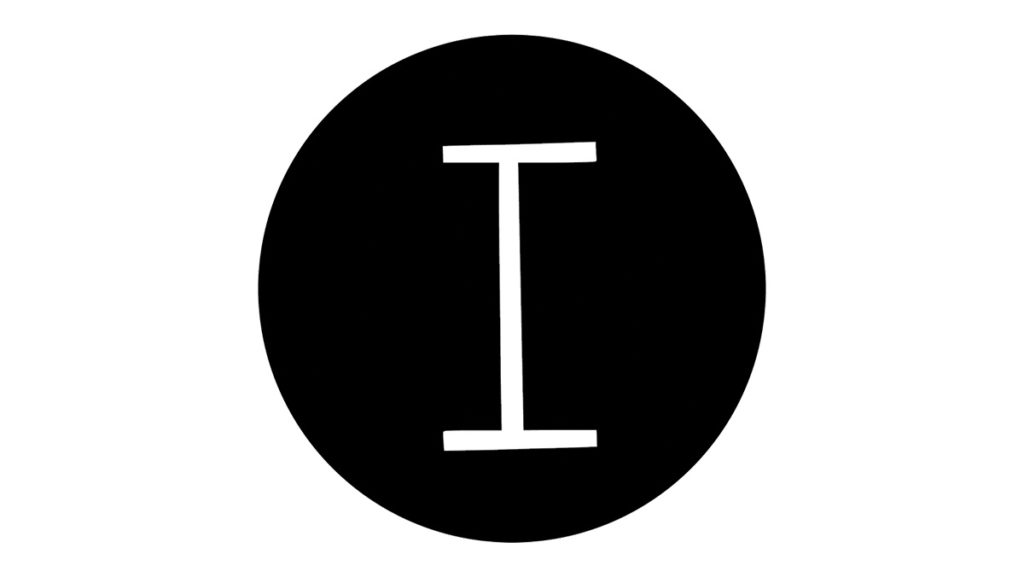Recently, a chapter of Keshet, a nonprofit organization dedicated to accepting and including LGBTQ people in Judaism, was established at Ithaca College. The chapter was established in order to celebrate the intersectional identity of Jews who are also members of the LGBTQ community on campus.
The college is known as one of the most LGBTQ-friendly campuses in the country, and this addition to the campus community is only strengthening that important reputation. This chapter of Keshet is even more important considering Judaism’s varying stances on homosexuality — the Jewish community continues to debate whether or not the Tanakh, the Hebrew Torah, condemns homosexuality. This act of support is not only helping to modernize a religious community on campus but is also setting a standard that all other campus religious communities should follow.
In the past, LGBTQ community members have not always felt welcome in religious spaces at the college. As reported by The Ithacan in March, many LGBTQ students said they felt unwelcome in the college’s Protestant community. Given that religion and faith are meant to be a refuge from hardships their followers face, any students being excluded from a religious institution on
campus is unacceptable.
In the article detailing the situation, many anecdotes indicated that it was not the staff and faculty that were unwelcoming to LGBTQ students in the Protestant community but rather other students who outwardly voiced their anti-LGBTQ sentiments. While faculty and staff did not contribute to this rhetoric, many students complained that they were largely silent, which is just as harmful. And moving forward at the college, students should be wary of how their personal views may impact the validity of others’ existences. Hopefully this new chapter can help us as a community to have conversations about being accepting of others’ faiths and sexual identities.
In order to accept and celebrate intersectional identities, the campus community must first create platforms in which they can be celebrated in full. By creating this chapter, Hillel is taking important first steps in creating intersectional organizations on campus for multifaceted identities of different religions, ethnicities, genders and sexualities.
Hillel should be commended for taking the initiative to create this chapter, making itself more inclusive and for taking a stance on the precariousness that can arise when intersectional LGBTQ and religious identities are being embraced.














